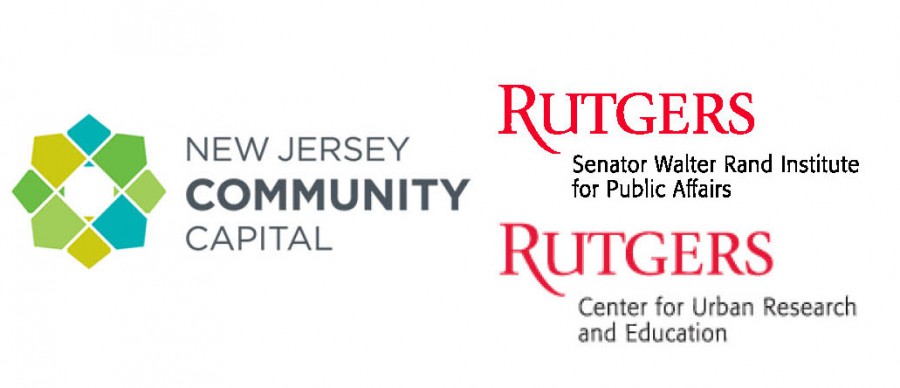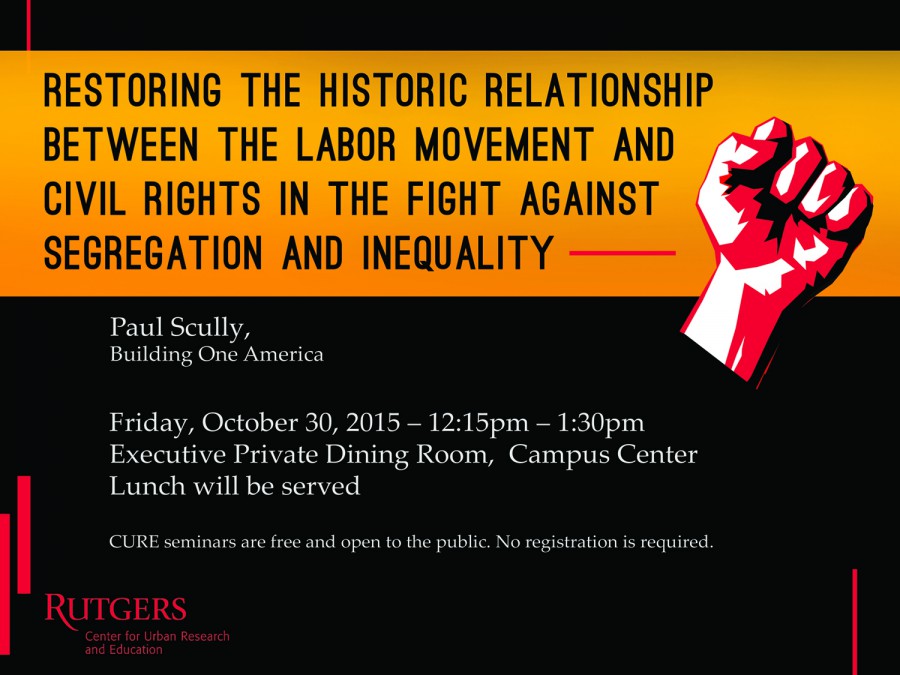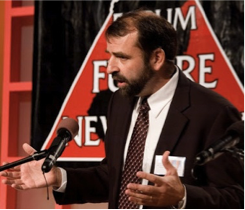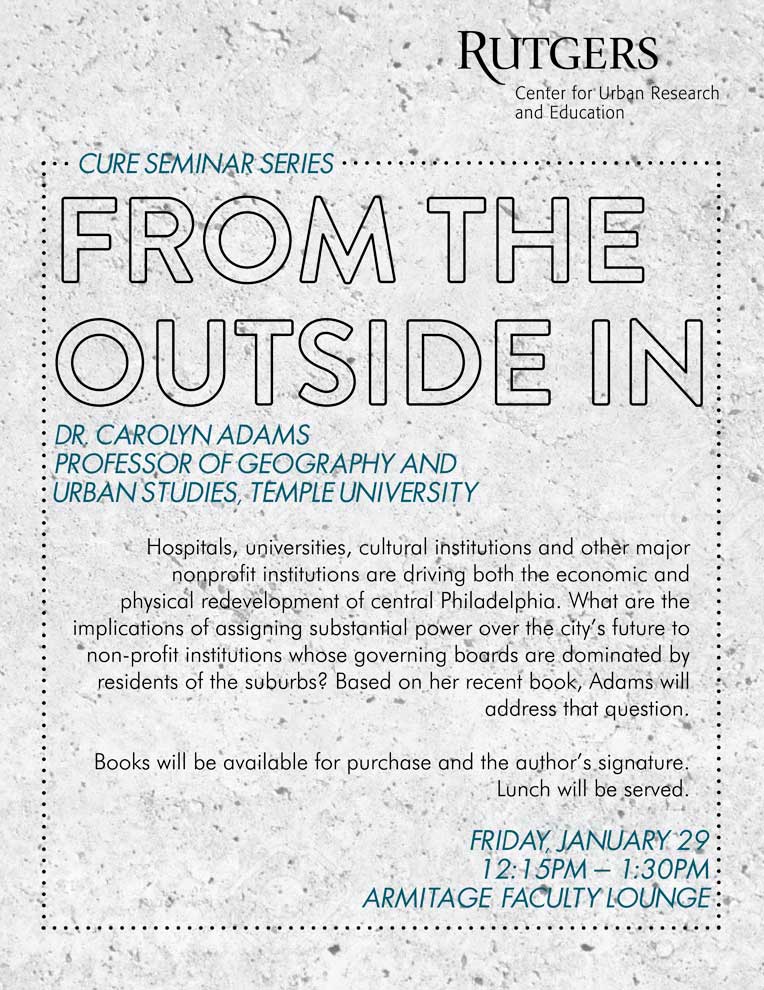 Please join us for our next seminar and book-signing event:
Please join us for our next seminar and book-signing event:
“From the Outside In”
Dr. Carolyn Adams
Professor of Geography and Urban Studies,C
Temple University
Friday, January 29, 2016
12:15pm – 1:30pm
Faculty Lounge, 3rd Floor Armitage Hall
Lunch will be served
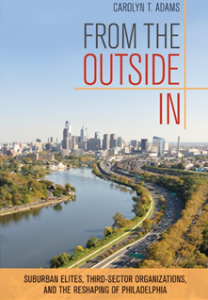
Hospitals, universities, cultural institutions and other major nonprofit institutions are driving both the economic and physical redevelopment of central Philadelphia. What are the implications of assigning substantial power over the city’s future to nonprofit institutions whose governing boards are dominated by residents of the suburbs? Based on her recent book, Adams will address that question.
Books will be available for purchase and the author’s signature.
~~~~~~~~~~~~~~~~~~~~~~~~~~~~~~~~~~~~~~~~~~~~~~~~~~~~~~
CURE seminars are free and open to the public. No registration is required.
Visitor Parking
Parking in Rutgers–Camden lots is by permit only. Visitors to Rutgers–Camden should obtain atemporary permit to park in a lot from 8 a.m. Mondays through 5 p.m. Fridays.? Contact Parking and Transportation for more information.?
Parking and Transportation
(within the Rutgers University Police Department)?
409 North Fourth Street?
856-225-6137
?Please visit these sites for directions to campus and to view a campus map

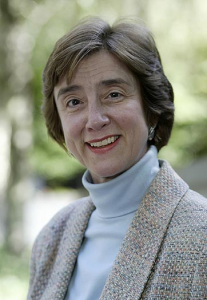

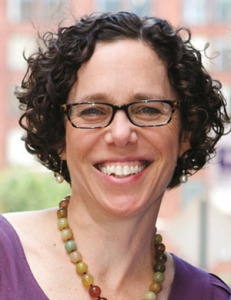 Housing choice vouchers provide low-income households with additional income to spend on rental housing in the private market. The assistance vouchers provide is substantial, offering the potential to dramatically expand the neighborhoods — and associated public schools — that low-income households can reach. However, existing research on the program suggests that housing choice voucher holders do not seem to spend the additional income provided by the voucher to reach better schools. We point out that many households have little incentive to move to areas with better schools because either they have no children or their children are older and the costs of disrupting their education to move them to a new school would be high. Using a combination of experimental and large scale administrative datasets, we show that the families for whom schools are most critical do appear to use vouchers to move towards higher-performing schools. Specifically, we find evidence that households whose oldest child meets the eligibility cut-off for kindergarten are more likely to move to higher-performing schools when they live in metropolitan areas that have softer rental housing markets (as proxied by higher vacancy rates), a greater share of affordable rental units located near high-performing schools, and neighborhoods with higher performing schools within a moderate distance.
Housing choice vouchers provide low-income households with additional income to spend on rental housing in the private market. The assistance vouchers provide is substantial, offering the potential to dramatically expand the neighborhoods — and associated public schools — that low-income households can reach. However, existing research on the program suggests that housing choice voucher holders do not seem to spend the additional income provided by the voucher to reach better schools. We point out that many households have little incentive to move to areas with better schools because either they have no children or their children are older and the costs of disrupting their education to move them to a new school would be high. Using a combination of experimental and large scale administrative datasets, we show that the families for whom schools are most critical do appear to use vouchers to move towards higher-performing schools. Specifically, we find evidence that households whose oldest child meets the eligibility cut-off for kindergarten are more likely to move to higher-performing schools when they live in metropolitan areas that have softer rental housing markets (as proxied by higher vacancy rates), a greater share of affordable rental units located near high-performing schools, and neighborhoods with higher performing schools within a moderate distance.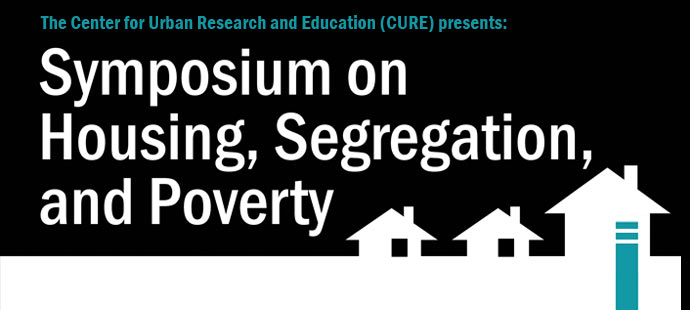
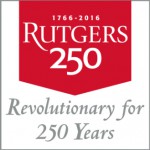 This symposium would not have been possible without the generous support of: The Centers for Global Advancement and International Affairs (GAIA) and the Edward J. Bloustein School for Planning and Public Policy at Rutgers University-New Brunswick; The Center for Law in Metropolitan Equity (CLIME) and The Joseph C. Cornwall Center for Metropolitan Studies at Rutgers University-Newark; The Department of Sociology, Anthropology & Criminal Justice, the Office of the Dean of Arts & Sciences, and the Office of the Chancellor at Rutgers University-Camden; The Department of Community Development Studies and Education at the Federal Reserve Bank of Philadelphia.
This symposium would not have been possible without the generous support of: The Centers for Global Advancement and International Affairs (GAIA) and the Edward J. Bloustein School for Planning and Public Policy at Rutgers University-New Brunswick; The Center for Law in Metropolitan Equity (CLIME) and The Joseph C. Cornwall Center for Metropolitan Studies at Rutgers University-Newark; The Department of Sociology, Anthropology & Criminal Justice, the Office of the Dean of Arts & Sciences, and the Office of the Chancellor at Rutgers University-Camden; The Department of Community Development Studies and Education at the Federal Reserve Bank of Philadelphia. 